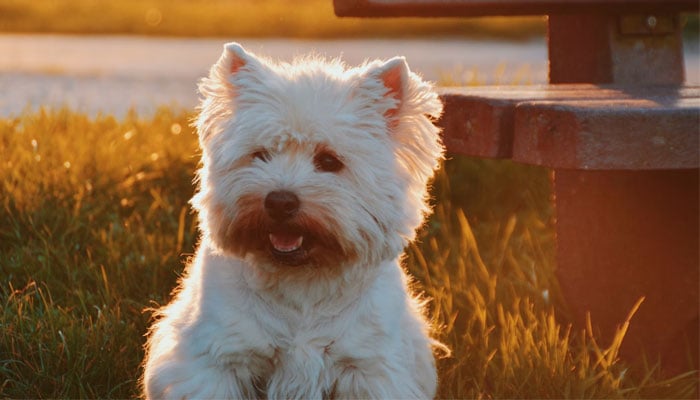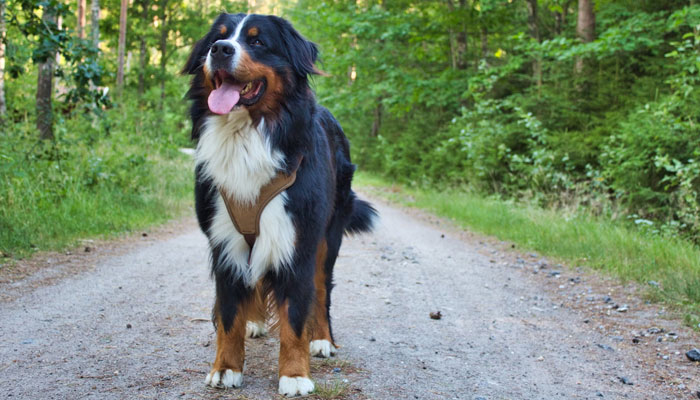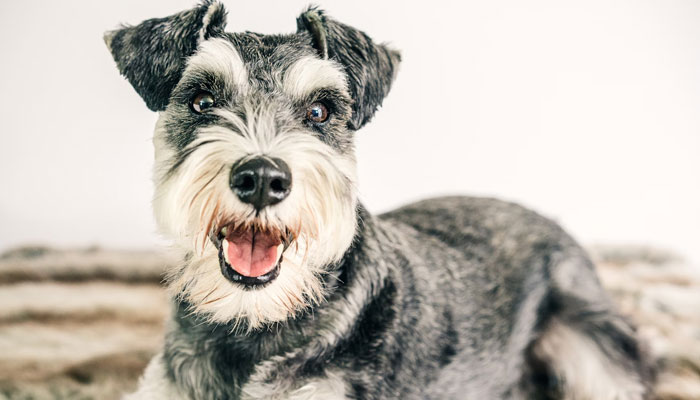Which dog breeds have higher risk of getting cancer?
Humans have increased risk of cancer as their bodies mature but dog breeds are exempt from this theory
In contrast to popular belief, large dogs do not necessarily have a higher risk of cancer because a recent study published in Royal Society Open Science revealed that large dogs, but not the largest ones, are more likely to develop the disease.
The lead author of the research, Leonard Nunney, a biologist at the University of California, Riverside, aimed to understand the start and inception of cancer in dog breeds.
Nunney stated that although humans have an increased risk of cancer as their bodies mature, dog breeds are exempt from this theory.
"You have things that range in size from a chihuahua up to a mastiff or a Great Dane," he told ABC News. "So there's a huge range of size."
Big dogs have a lower risk of developing cancer than medium-sized dogs because they usually pass away at a much younger age, according to Lunney.
"That's simply because they're dying younger," he added.
Nunney lists West Highland white terriers — also known as Westies —, Bernese mountain dogs, and flat-coated retrievers as some of the breeds "most prone" to cancer.
He clarified that a form of sarcoma, an uncommon cancer that arises in the soft tissues and bones, is commonly seen in flat-coated retrievers.
Given their size, most terriers — especially the Scottish terrier — have a higher chance of developing cancer than was previously thought, according to Nunney. Terriers have a higher incidence of bladder cancer, he said.
Fortunately, few dog breeds are overly predisposed to cancer, according to the study's researchers, as the illness is caused by genetic mutations.
They discovered that although ancestry-based inbreeding reduces a breed's life expectancy, it does not raise the risk of cancer overall.
Nunney stated that the model used in the study can be used to ascertain whether breeds are becoming more prone to particular cancers.
He believes dogs are a good model for understanding genetic changes that may increase susceptibility to specific diseases.
-
Bella Hadid talks about suffering from Lyme disease
-
Gwyneth Paltrow discusses ‘bizarre’ ways of dealing with chronic illness
-
Halsey explains ‘bittersweet’ endometriosis diagnosis
-
NHS warning to staff on ‘discouraging first cousin marriage’: Is it medically justified?
-
Ariana Grande opens up about ‘dark’ PTSD experience
-
Dakota Johnson reveals smoking habits, the leading cause of lung cancer
-
Chris, Liam Hemsworth support their father post Alzheimer’s diagnosis
-
Tom Hanks diabetes 2 management strategy laid bare














